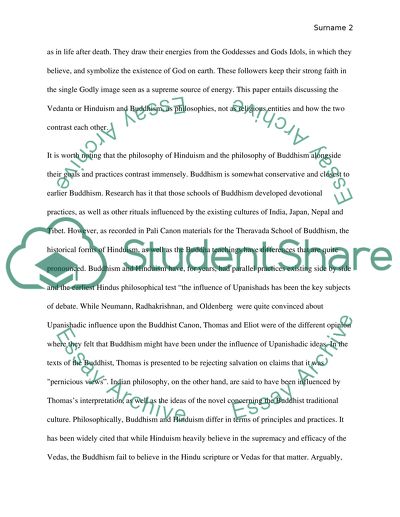Cite this document
(“Hindu and Budhist thought Term Paper Example | Topics and Well Written Essays - 1250 words”, n.d.)
Retrieved from https://studentshare.org/religion-and-theology/1464826-hindu-and-budhist-thought
Retrieved from https://studentshare.org/religion-and-theology/1464826-hindu-and-budhist-thought
(Hindu and Budhist Thought Term Paper Example | Topics and Well Written Essays - 1250 Words)
https://studentshare.org/religion-and-theology/1464826-hindu-and-budhist-thought.
https://studentshare.org/religion-and-theology/1464826-hindu-and-budhist-thought.
“Hindu and Budhist Thought Term Paper Example | Topics and Well Written Essays - 1250 Words”, n.d. https://studentshare.org/religion-and-theology/1464826-hindu-and-budhist-thought.


